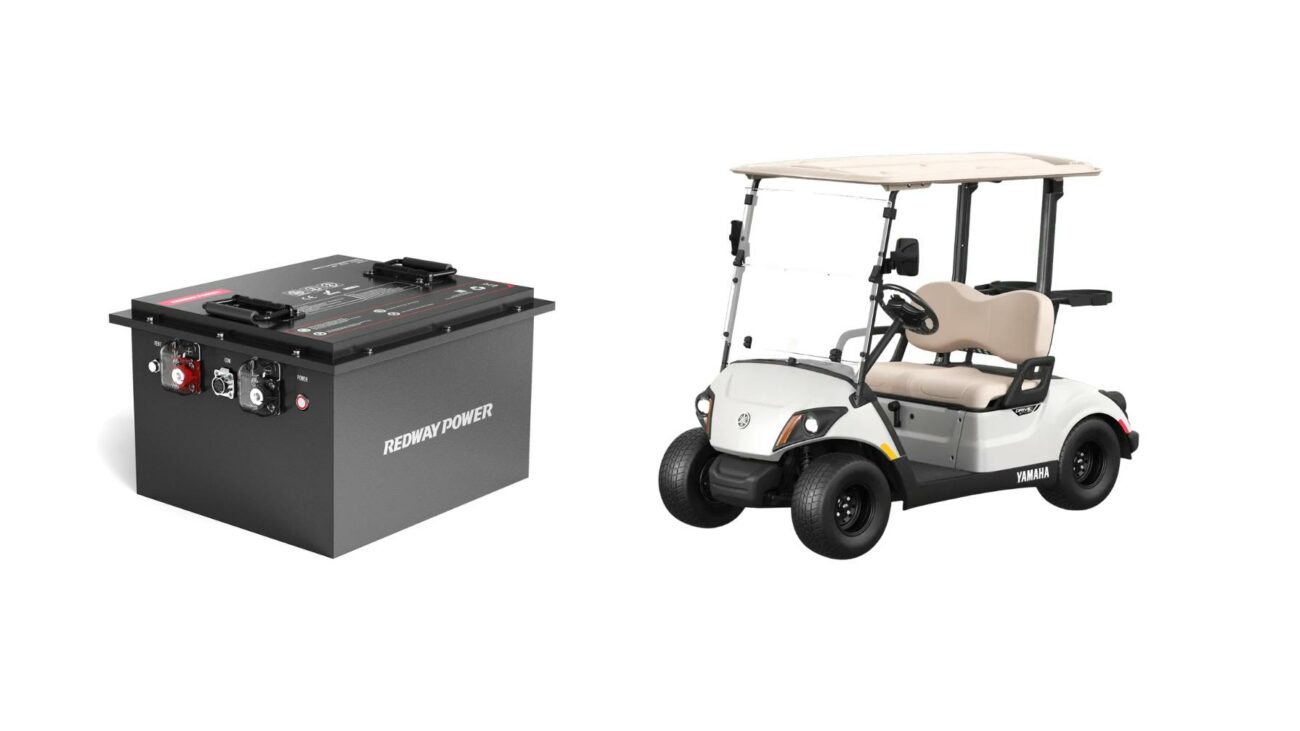Toyota propane forklift batteries are designed for durability, efficiency, and performance in material handling. These batteries provide consistent power output, longer lifespans, and lower maintenance compared to traditional options. Ideal for heavy-duty operations, they integrate seamlessly with Toyota forklifts, ensuring optimal energy utilization and reduced downtime. Their robust construction withstands rigorous industrial environments, making them a top choice for warehouses and logistics.
How Do Toyota Propane Forklift Batteries Compare to Electric Models?
Toyota propane forklift batteries offer faster refueling and higher torque for heavy loads, whereas electric models prioritize energy efficiency and quieter operation. Propane batteries excel in outdoor or cold environments, while electric variants suit indoor spaces with emission restrictions. Choosing between them depends on operational needs, fuel accessibility, and environmental regulations.
| Feature | Propane | Electric |
|---|---|---|
| Refueling Time | 2-5 minutes | 4-8 hours |
| Noise Level | Moderate | Low |
| Best Use Case | Outdoor/Cold | Indoor |
Propane models are ideal for industries requiring rapid turnaround times, such as logistics hubs or construction sites. Their ability to operate in sub-zero temperatures without performance loss gives them an edge in refrigerated warehouses. However, electric models remain preferable for facilities with strict emission standards. The choice ultimately hinges on balancing operational demands with infrastructure capabilities.
What Are the Maintenance Requirements for Toyota Propane Forklift Batteries?
Regular maintenance includes checking electrolyte levels, cleaning terminals, and inspecting for corrosion. Propane fuel systems require leak checks and filter replacements. Scheduled servicing ensures optimal performance and longevity. Unlike electric batteries, propane models don’t need water topping but demand strict adherence to ventilation and storage guidelines to prevent hazards.
Key maintenance tasks involve monthly inspections of the fuel lines and connectors to detect wear or leaks. Operators should use anti-corrosion sprays on terminals to prolong connectivity. Electrolyte levels should be checked every 100 operational hours using a refractometer. For propane tanks, ensure pressure relief valves are functional and replace filters every 300 hours. Implementing a digital maintenance log helps track service intervals and component replacements, reducing unexpected downtime.
Can Toyota Propane Forklift Batteries Be Recycled?
Yes, Toyota propane forklift batteries are recyclable. Lead-acid components are reclaimed through certified recycling programs, while propane tanks are refurbished or repurposed. Toyota partners with eco-friendly disposal services to minimize environmental impact. Always follow local regulations and manufacturer guidelines to ensure safe recycling practices.
How Does Temperature Affect Toyota Propane Forklift Battery Performance?
Propane batteries perform reliably in cold temperatures, where electric batteries may lose efficiency. However, extreme heat can reduce propane tank pressure, affecting fuel delivery. Store tanks in shaded, well-ventilated areas and monitor performance during temperature fluctuations to maintain consistent operation.
| Temperature Range | Effect on Performance | Mitigation Strategy |
|---|---|---|
| -20°C to 0°C | Optimal combustion | No adjustments needed |
| 30°C to 45°C | Reduced tank pressure | Shade storage, frequent checks |
In high-heat environments, operators should monitor fuel gauges closely and avoid overloading the forklift. Tanks exposed to direct sunlight may require cooling periods between shifts. Regular valve inspections prevent pressure leaks, ensuring stable fuel flow. For cold storage facilities, propane batteries maintain efficiency even at -30°C, making them indispensable for frozen goods logistics.
What Safety Precautions Are Essential for Handling Propane Forklift Batteries?
Always shut off the forklift before refueling. Inspect tanks for damage, store them upright, and avoid open flames. Use personal protective equipment (PPE) when handling propane, and ensure workspaces are well-ventilated. Train operators on emergency protocols for leaks or fires to mitigate risks.
How Long Do Toyota Propane Forklift Batteries Typically Last?
With proper maintenance, Toyota propane forklift batteries last 5–8 years. Lifespan depends on usage frequency, load capacity, and adherence to servicing schedules. Regular fuel quality checks and avoiding over-discharging extend operational life significantly.
Expert Views
Toyota’s propane forklift batteries strike a balance between power and practicality,” says a Redway Power Solutions engineer. “Their modular design allows easy component replacement, reducing long-term costs. For industries prioritizing uptime and versatility, these batteries are a strategic investment. Innovations in fuel efficiency and emission control also align with evolving sustainability goals.”
Conclusion
Toyota propane forklift batteries deliver unmatched reliability for demanding industrial applications. Their adaptability to diverse environments, coupled with straightforward maintenance, makes them a cost-effective solution. By following safety and recycling best practices, businesses can maximize ROI while supporting eco-friendly operations.
FAQ
- How often should I service my Toyota propane forklift battery?
- Service every 250–500 operational hours or as recommended in the manual. Focus on fuel system checks and electrolyte inspections.
- Are propane forklift batteries suitable for indoor use?
- Yes, but ensure adequate ventilation to disperse exhaust. Electric models are better for fully enclosed spaces.
- What is the cost difference between propane and electric forklift batteries?
- Propane batteries have lower upfront costs but higher fuel expenses. Electric batteries cost more initially but save on long-term energy consumption.




